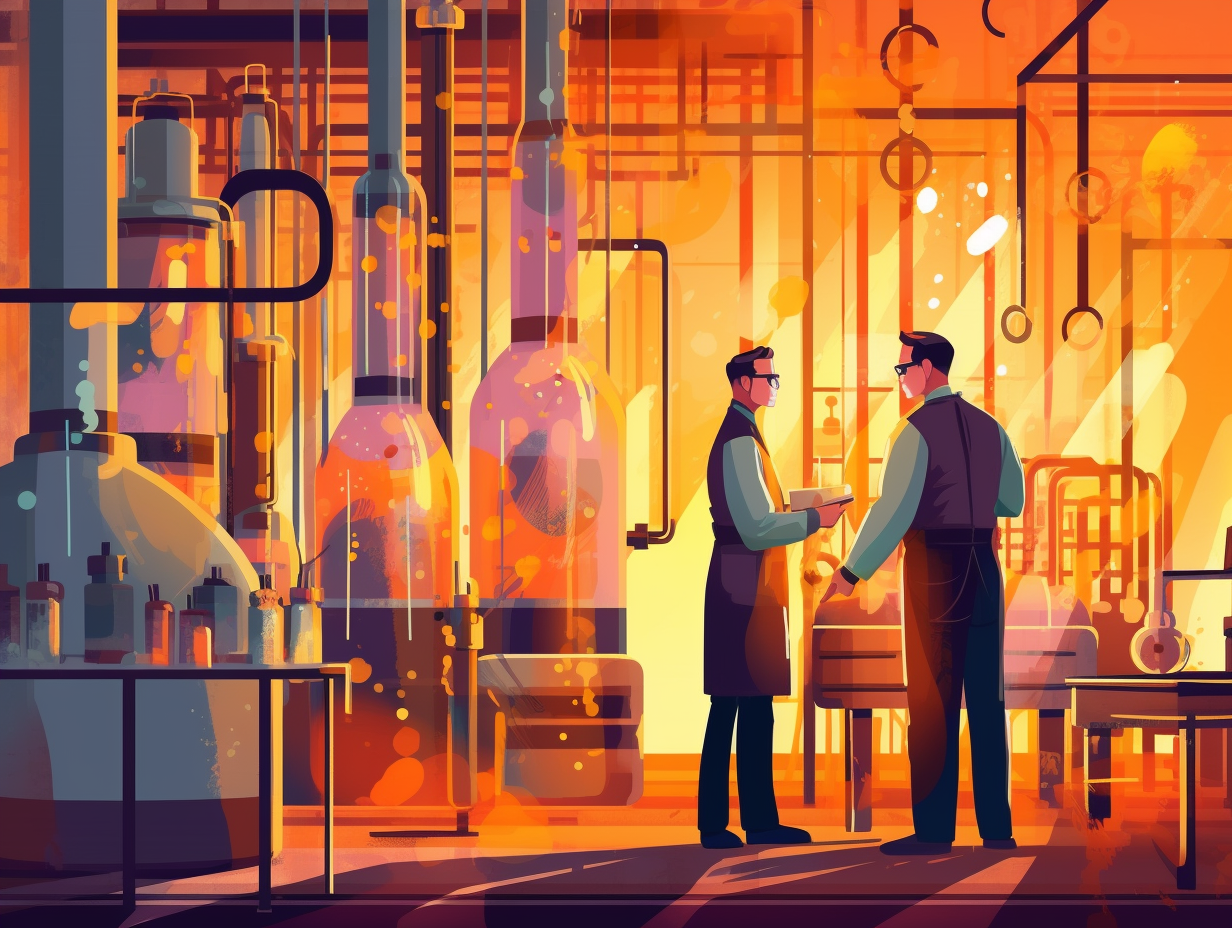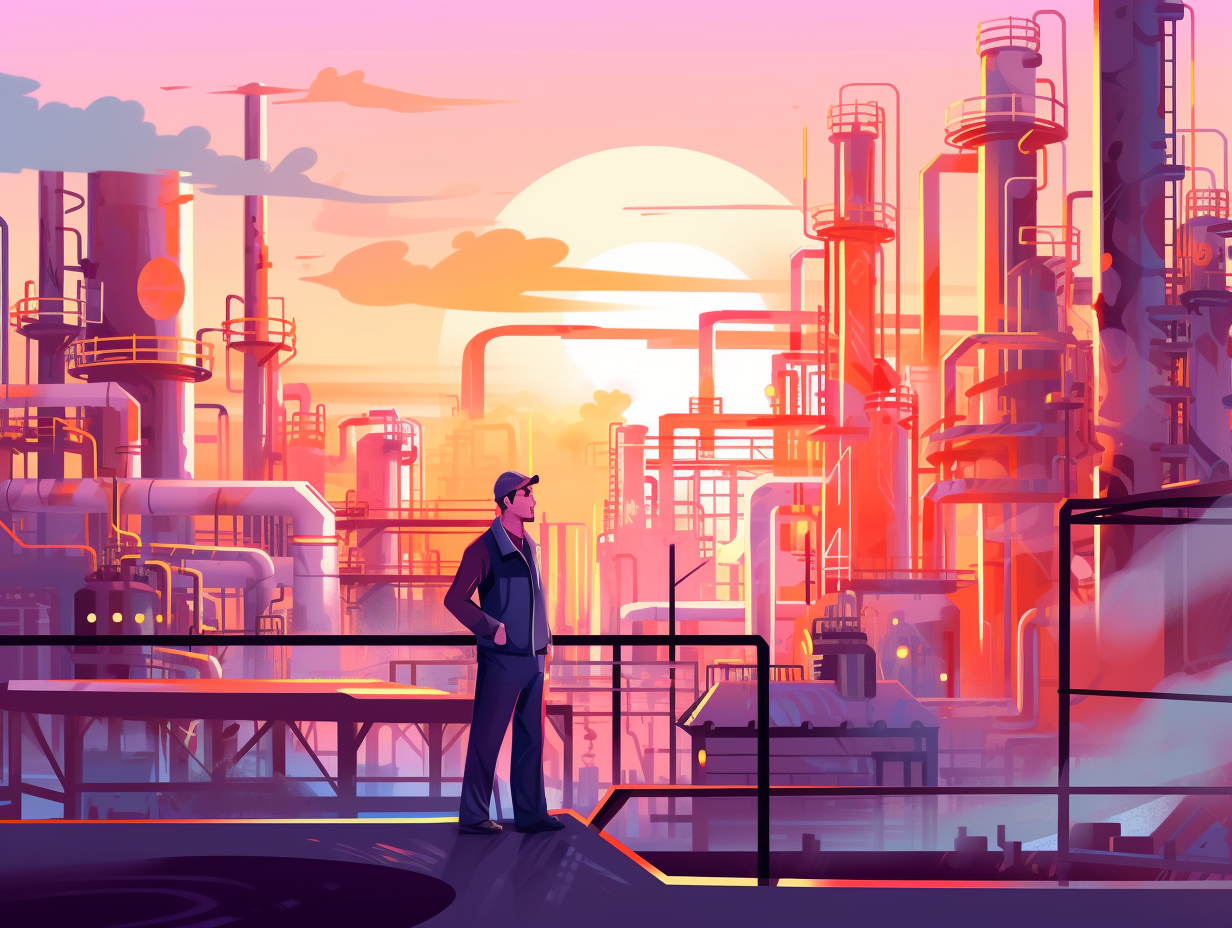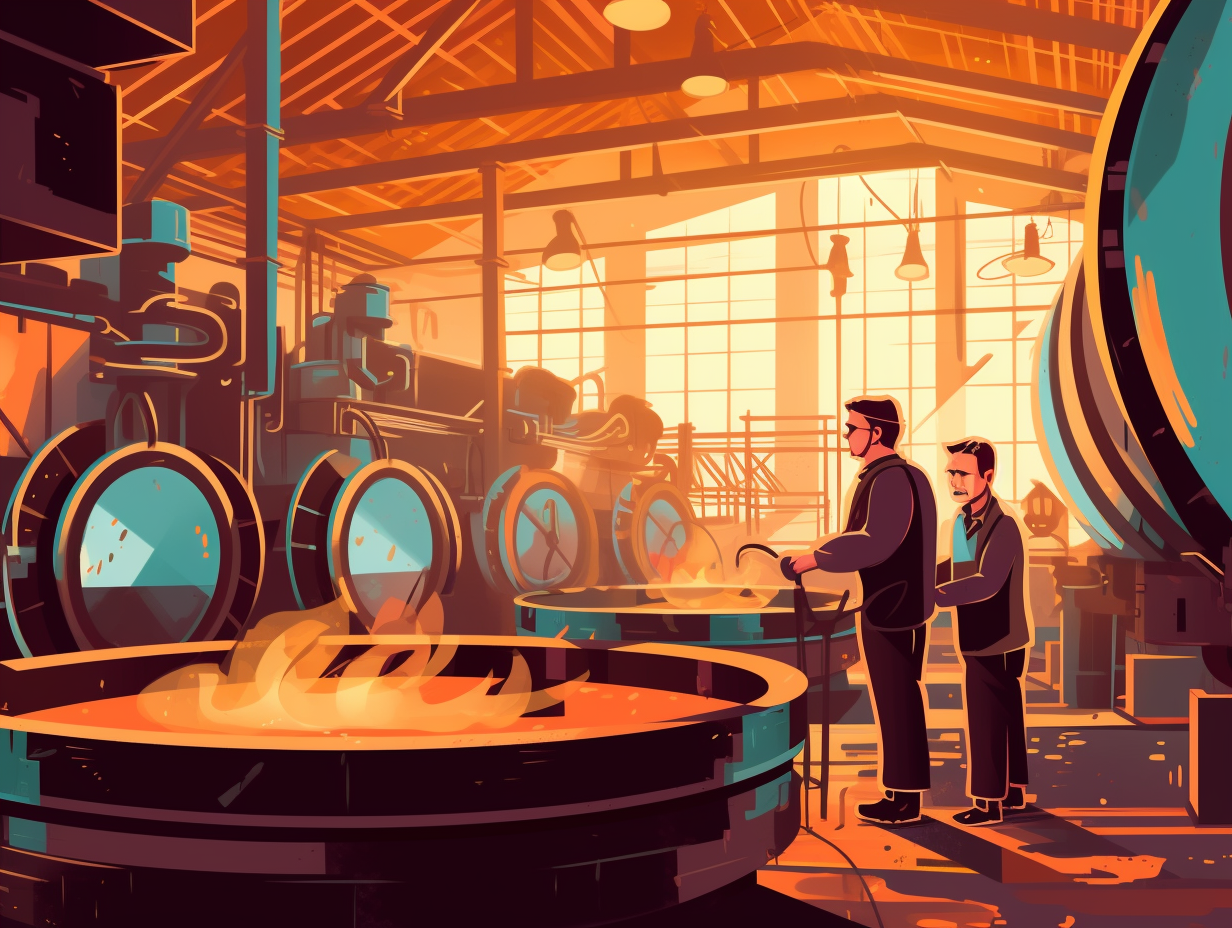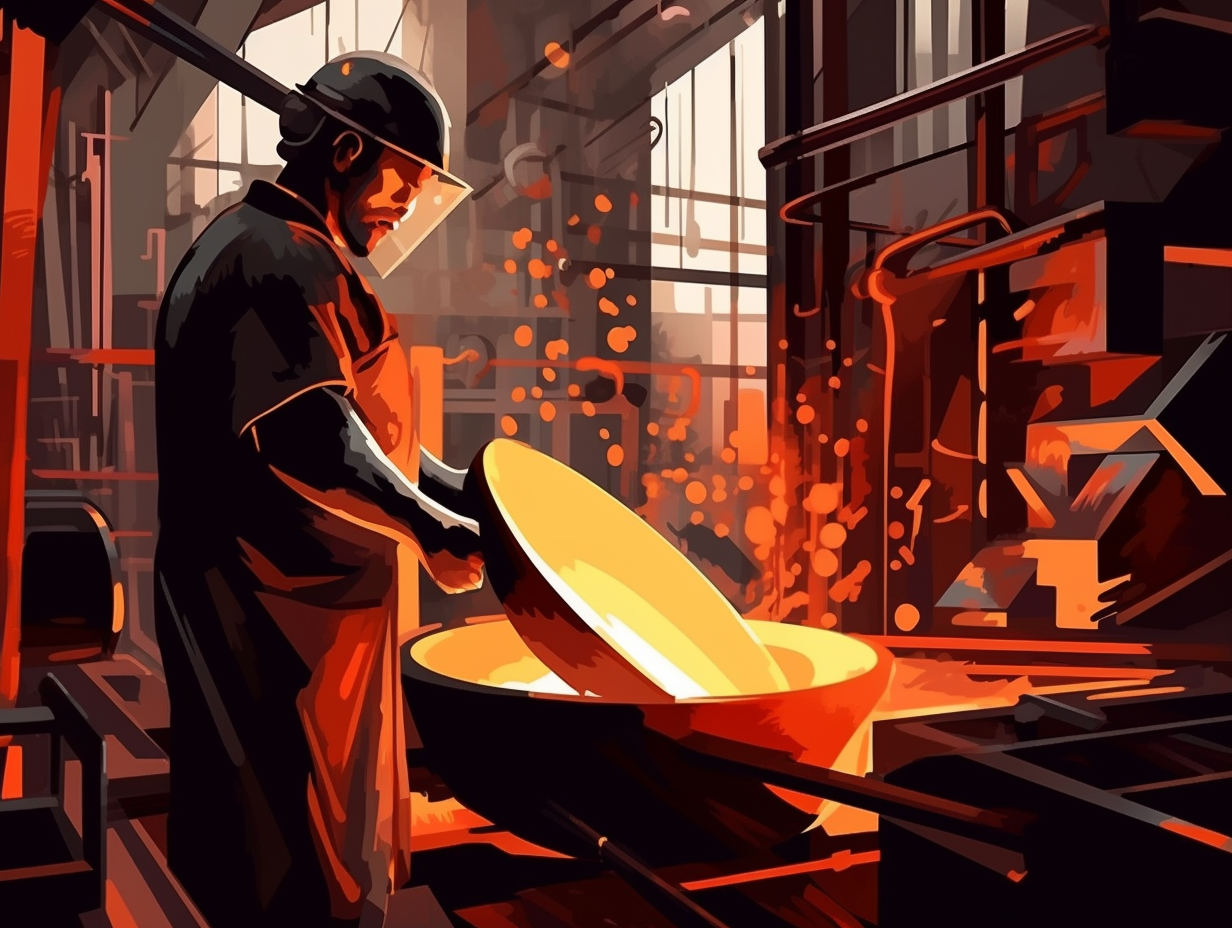Discover the Unexpected: Top 6 Fun Facts About Chemical Engineering You Never Knew!

1. Lab-Grown Dairy Delights
Who Moved My Cheese?: Fear not, dear dairy lovers, because chemical engineers have concocted a moovelous alternative – lab-grown dairy products using microbial fermentation technology! Companies like Perfect Day and Stockeld Dreamery are churning out animal-free, sustainable dairy delights from plant-based proteins such as fava beans and pea proteins, as they udderly mimic the properties of dairy proteins like casein and whey.
Source => wired.co.uk
2. Chemical Engineer Chocolatiers
Who needs Willy Wonka when the University of Connecticut is churning out its very own sweet treat wizards? These future chocolatiers aren't Oompa-Loompas, but UConn chemical engineering students: Armed with erythritol and Splenda, they're whipping up innovative low-sugar ice cream creations, preserving that rich taste and velvety texture, all while striving for healthier dessert options.
Source => chemical-biomolecular.engr.uconn.edu

Did you know Hephaestus, the Greek god of blacksmithing, created some of the earliest humanoid robots? Discover more ancient automaton origins!
=> Fun Facts about Mechanical-Engineering
3. Sun-Powered, Carbon-Negative Gel
Move over, Superman: there's a new hero in town, and its powers don't stop at super strength and flight. Meet the chemical engineer's brainchild, a gel-like substance that's harnessing the sun's power to save the world, one carbon dioxide molecule at a time: MIT chemical engineers have developed a material that converts CO2 from the air into a sturdy solid using sunlight, self-repairs under light exposure, and boasts a carbon-negative nature, making it a potential game-changer for construction materials and protective coatings.
Source => news.mit.edu
4. Friendly Bacteria Boosted Ice Cream
Have a scoop of creamy goodness: scientists have discovered that the protein BsIA, found in friendly bacteria, can bind air, fat, and water in ice cream, leading to a smoother texture, fewer ice crystals, and the potential for lower saturated fat and calories. This breakthrough, researched at the universities of Dundee and Edinburgh, has implications beyond ice cream, shedding light on self-assembling proteins that impact the texture of many food items and even influencing disease prevention and reversal!
Source => phys.org

5. Oxygen Absorber Food Savers
In a world where avocados turn brown before you can say "guacamole" and bread sprouts fuzz faster than a werewolf at a full moon, one group of heroes emerges to save the day: oxygen absorbers! Combining the powers of ferrous iron oxide and a passion for fighting food waste, they team up with active packaging to prevent oxidative degradation and keep food fresher longer: As a result, oxygen absorber technology owes its existence to contributions from various industries, and not just to chemical engineers, and has helped extend the shelf life of countless food products, successfully reducing waste and delighting taste buds everywhere.
Source => ncbi.nlm.nih.gov
6. Brewmaster Chemical Engineers
Who said chemical engineers were all work and no play? They've got "malt"iply "hopped" on the "beer wagon" of expertise: Chemical engineers have a hearty hand in perfecting the brewing process, from malting to fermentation and quality control, ensuring the best taste and quality of your favorite pint.
Source => encyclopedia.che.engin.umich.edu
Related Fun Facts




















